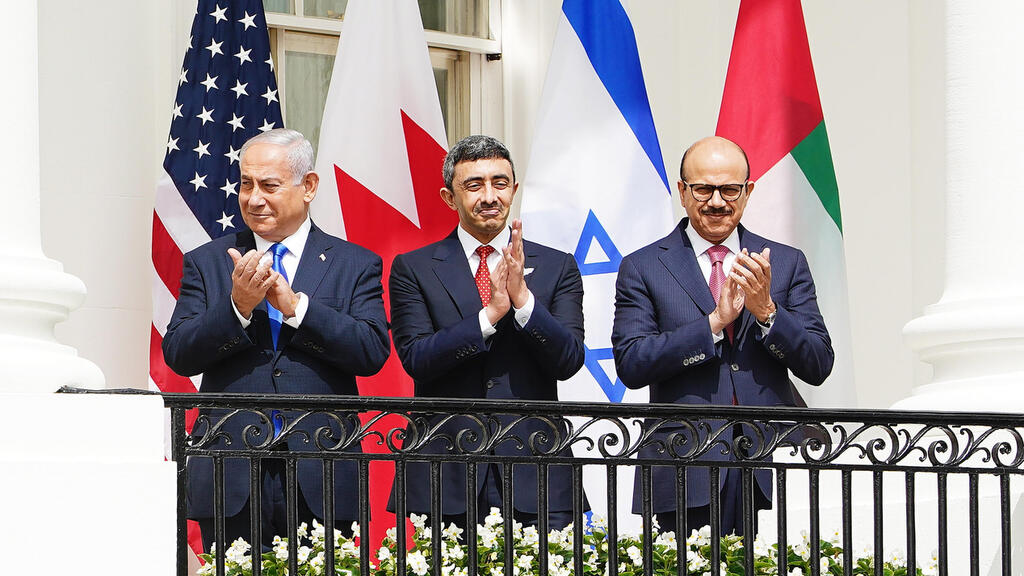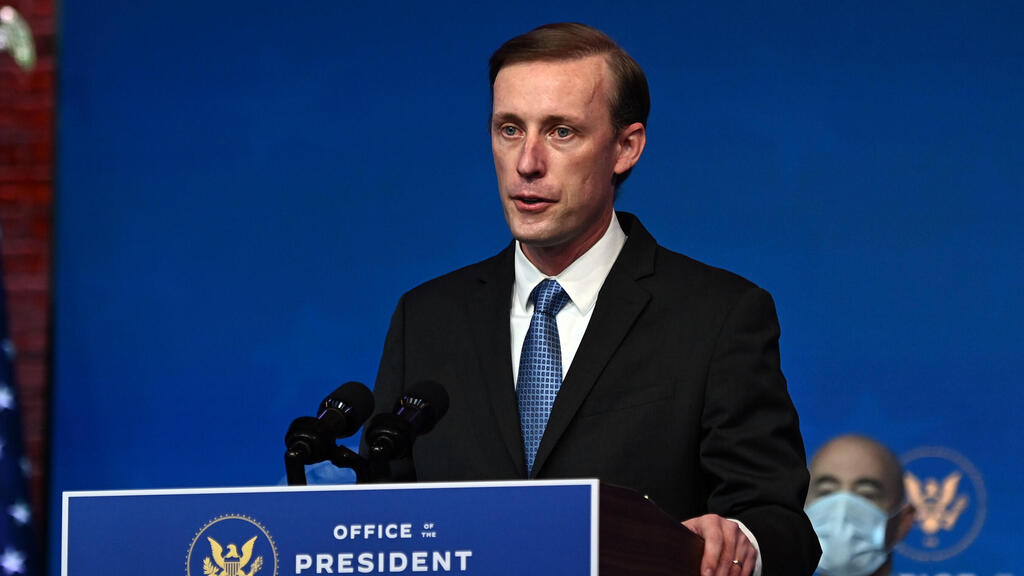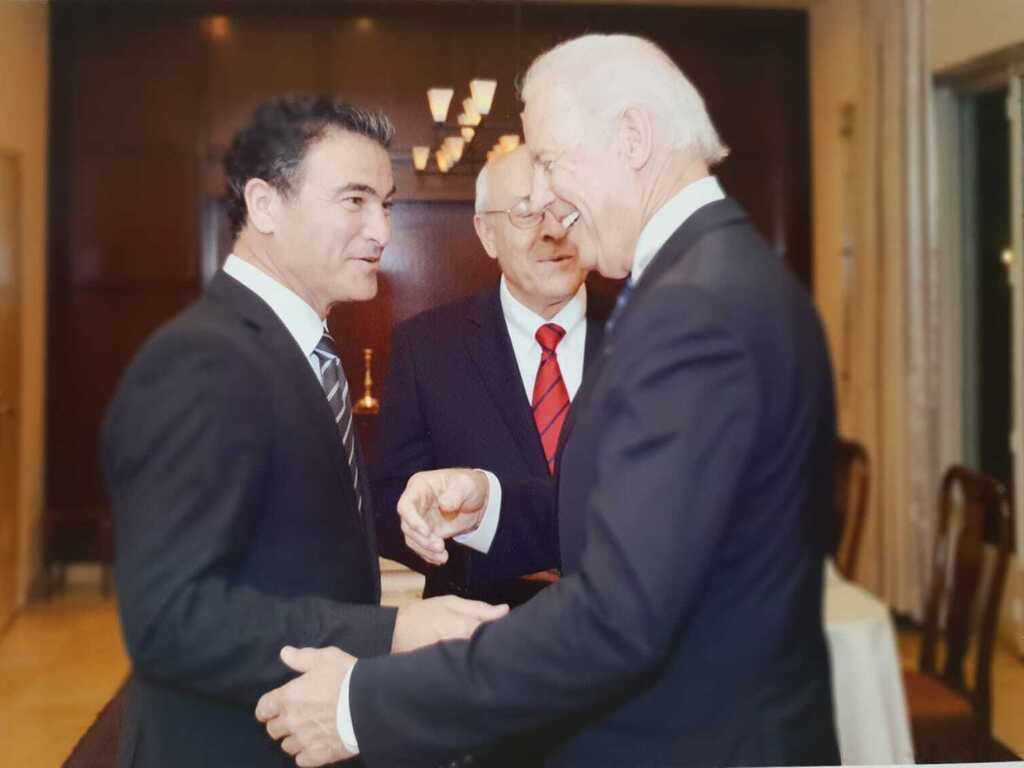U.S. President Joe Biden's administration will work closely with Israel on regional security issues and to build on the country's regional normalization agreements, new White House national security adviser Jake Sullivan told Israeli counterpart Meir Ben-Shabbat, according to a statement on Sunday.
"They discussed opportunities to enhance the partnership over the coming months, including by building on the success of Israel's normalization arrangements with UAE, Bahrain, Sudan, and Morocco," according to a statement on Sullivan's call on Saturday with Ben-Shabbat.
Sullivan also extended an invitation to begin a strategic dialogue in the near term, the statement said.
Israel on Sunday approved its normalization agreement with Morocco, the most recent of its 2020 treaties with four Arab states. The other agreements were signed with the UAE, Bahrain and Sudan.
Biden's designated secretary of state, Antony Blinken, also told senators at his confirmation hearing last week that the State Department will hold consultations with Israel and other allies before returning to the Iranian nuclear agreement.
3 View gallery


L-R: PM Benjamin Netanyahu, Emirati FM Abdullah bin Zayed Al Nahyan and Bahraini FM Abdullatif bin Rashid Alzayani at the signing of the Abraham Accords at the White House, Sept. 2020
(Photo: AP)
Israel's Channel 12 reported Sunday that the head of the Mossad intelligence agency Yossi Cohen is set to meet with Biden next month, in order to present Jerusalem's position on any new version of the Iran nuclear deal.
The source of the Channel 12 report was not clear.
According to the report, Cohen is also expected to present Biden and senior U.S. defense officials, including the newly appointed CIA chief David Cohen, updated information on Iran's secretive nuclear program.
He will reportedly be accompanied by officials from the defense and foreign ministries.
The intelligence chief was also reportedly expected to ask that the new administration compel Iran to heavily restrict their nuclear program, in light of Tehran's ongoing breaches of the 2015 deal.
In 2018, former president Donald Trump withdrew from the agreement brokered by his predecessor Barack Obama and long criticized by Prime Minister Benjamin Netanyahu.
Biden said before he took office that he wanted to use the previous agreement as a starting point from which to “tighten and lengthen Iran’s nuclear constraints, as we address [its] missile program.”
Should the U.S. rejoin the deal, Channel 12 said, Jerusalem wants Washington to incorporate a number of core components into the agreement to ensure Israel's national security.



